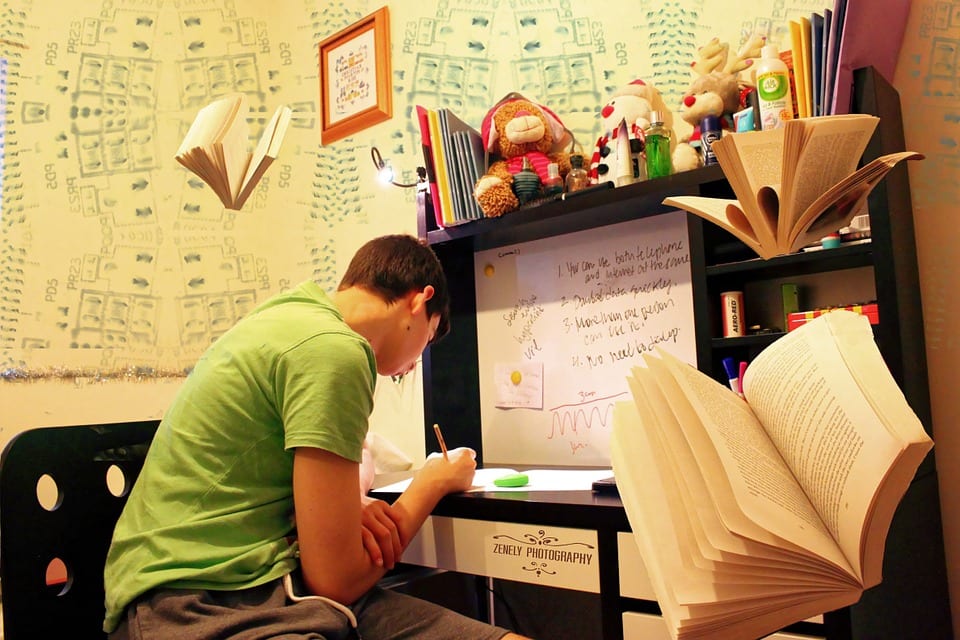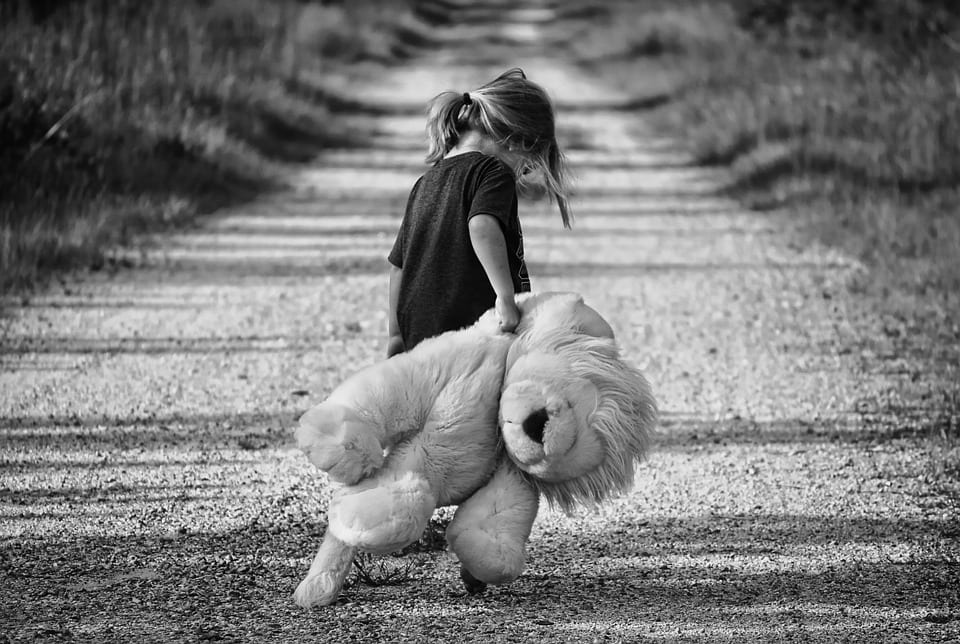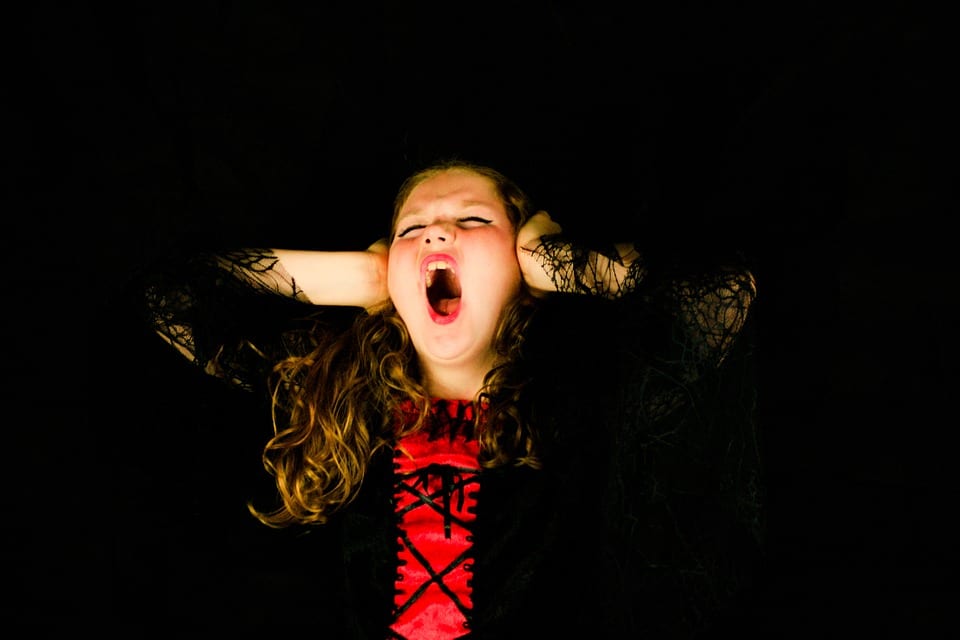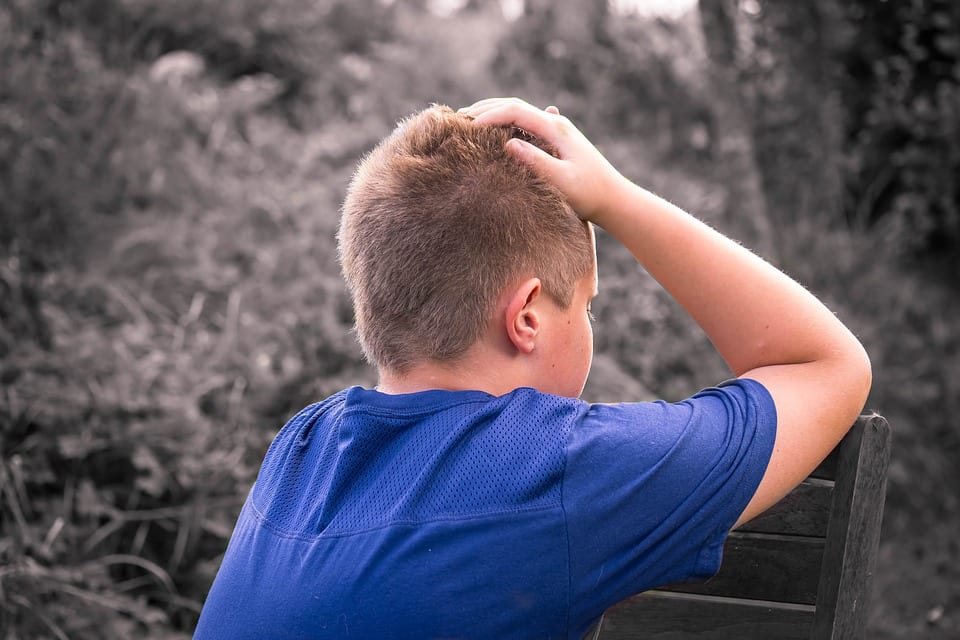Most women know that, once you get to a certain age, pregnancy seems to be contagious. You hear about one friend who got pregnant, and suddenly it’s like everyone on your friend circle has gone baby crazy. Meanwhile, you’re either peeing on a stick and hoping or crossing yourself and wearing garlic, depending on your feelings about having a child (or another child).
Photo Credit: Pixabay
Well, back in 2014 the American Sociological Association published a study that supports what we see in our social circles – pregnancy can indeed be contagious.
The study lasted 10 years and analyzed over 1700 women to identify the trend. During the interviews, women mentioned “friendship ties” as a reason they thought more about getting pregnant – basically saying that environment and interpersonal interactions influence decisions around starting or expanding family.
Image Credit: Facebook
Other possible factors for the “contagion” are: seeing a friend managing motherhood may give a woman more confidence in her own ability to do the same, and seeing a friend become a mother may leave a woman feeling behind.
Those friendship ties can also influence the number of children a woman has for the same reason – if your pal can make three kids look easy, then you might feel as if you can do the same, and you might feel left behind if you’ve only got 1 child to her friend’s 4.
Image Credit: Facebook
Interestingly enough, this “contagion” doesn’t extend to siblings, a fact that some researchers attribute to the fact that in today’s day and age, friends are more likely to influence us than family (which is fascinating in its own right).
The moral of the story is that your family size might be tied to your friends, so, as always, choose wisely.
The post Scientists Confirm That Pregnancy Can Be Contagious appeared first on UberFacts.































 Thanks for the tips and advice kind strangers!”
Thanks for the tips and advice kind strangers!”